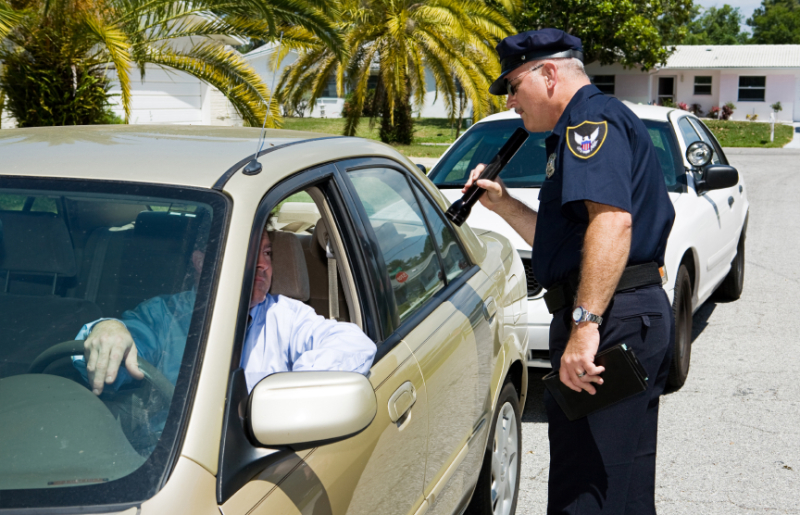October 28, 2014
Before the police are allowed to make an arrest, conduct a search or receive a warrant, they must first be able to establish probable cause. However, police sometimes try to intimidate you into letting them search your vehicle or home when they do not actually have probable cause to do so. Do not let the police bully you into an illegal search and seizure. Know your rights when it comes to probable cause.
Understanding Probable Cause
Probable cause is when an officer has a reasonable amount of suspicion or belief that a person has or will commit a crime. For police, probable cause is used to make an arrest or search personal property without a warrant. There are generally four categories of evidence used to establish probable cause:
- Observation: Any information or evidence the officer observes. This can be anything they see, smell, hear or touch.
- Expertise: Officers are trained with certain skills to spot anything that could signal a potential crime. For example, officers are trained to understand gang tattoos and hand gestures and recognize tools used to commit crimes.
- Information: Any statements provided by a witness or victims
- Circumstantial: Any evidence that proves a crime might have occurred or connects the suspect to a crime.
Police officers can use probable cause to search your personal property. However, they can sometimes say they have probable cause when they do not as a way of intimidating you into giving consent for their search. Know your rights when it comes to probable cause and searches.
What Do I Do If a Law Officer Claims Probable Cause?
If a police officer is claiming probable cause to search your property, remember that you have rights. The most important thing to do is remain cool and collected while following some simple rules.
Refuse to be searched
You always have the right to say you do not consent to a search. If a police officer tells you they are going to search your property or vehicle, be aware of your right not to consent to that search. Many times, this is all it takes to stop a search, as the officer may not have enough probable cause to actually search you. If they go ahead with the search after you have stated you do not consent, do not attempt to stop them. Expressing you do not consent can potentially help get evidence gained from an illegal search thrown out.
Call your attorney
As soon as you have been arrested, call an experienced criminal defense attorney to handle your case. Remember you always have the right to remain silent and should never speak to anyone before your lawyer. In some cases, a lawyer can help prove that the search leading to your arrest was illegal and have all evidence from that search thrown out.
When you are charged with a crime, do not wait to get help. Let the skilled and knowledgeable attorneys at the Khonsari Law Group defend your case. We have the resources and knowledge to fight for your rights.


